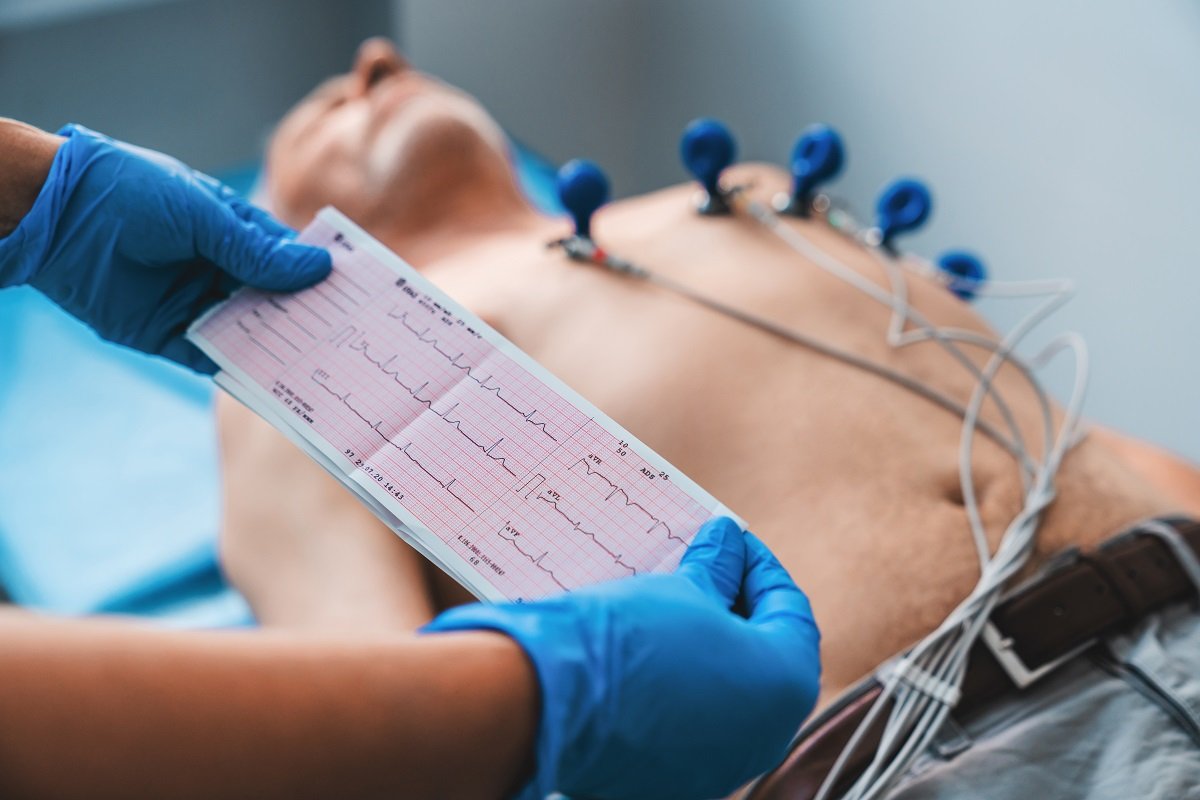Echo Test in Bangalore: Your Complete Guide to Cardiac Health Screening
If you’re seeking clarity about your heart’s health or your doctor has recommended a heart test, you may come across a procedure called the echo test in Bangalore. It’s one of the most common and non-invasive tests available today to detect heart abnormalities or assess overall cardiac function.
What is an Echo Test?
An echocardiogram (commonly called an “echo test”) uses sound waves to produce live images of your heart. It’s like an ultrasound, but specifically designed to look at the size, shape, structure, and movement of your heart and valves.
Why Doctors Recommend an Echo Test
Early Diagnosis of Heart Conditions
Doctors often recommend this test to detect or rule out conditions such as:
- Valve disorders
- Congenital heart defects
- Cardiomyopathy
- Heart infections
- Fluid around the heart (pericardial effusion)
Monitoring Chronic Cardiac Issues
If you’ve previously had a heart condition, the echo helps your doctor keep track of how your heart is functioning over time. It’s safe, radiation-free, and suitable for repeated monitoring.
Types of Echocardiograms
1. Transthoracic Echocardiogram (TTE)
The most common type, where a probe is placed on the chest to capture images.
2. Transesophageal Echocardiogram (TEE)
A probe is inserted through the esophagus for clearer images of the heart’s rear structures.
3. Stress Echocardiogram
Used to see how the heart functions under physical stress, often done after exercise or with medication.
4. Doppler Echocardiogram
Analyzes how blood flows through the heart, helping identify any irregularities.
How to Prepare for an Echo Test
In most cases, no special preparation is needed for a transthoracic echo. However, if you are scheduled for a transesophageal or stress echocardiogram, your doctor may ask you to:
- Fast for several hours beforehand
- Avoid caffeine or nicotine
- Temporarily stop certain medications
Wear loose, comfortable clothing and be prepared to lie still for 30–60 minutes.
What to Expect During the Procedure
- You’ll lie on an examination table.
- A gel will be applied to your chest.
- The technician moves a small transducer over your chest area.
- Sound waves produce heart images on a monitor in real-time.
- The process is painless and usually completed within 30–45 minutes.
For TEE, you may receive a sedative, and the test may take a bit longer.
Benefits of Echo Testing
1. Safe and Non-Invasive
There’s no radiation involved, making it ideal for all age groups including children and pregnant women.
2. Fast and Accurate
It offers immediate insight into your heart’s function and can help detect conditions that might otherwise go unnoticed.
3. Cost-Effective Preventive Care
Especially for individuals with a family history of heart problems or existing risk factors like diabetes or high blood pressure.
Who Should Get an Echo Test?
You may benefit from an echo test if you experience:
- Shortness of breath
- Irregular heartbeat
- Chest pain
- Swelling in the legs or feet
- Dizziness or fainting spells
It’s also a standard follow-up for people with pacemakers or prosthetic heart valves.
Where to Get the Test Done
For accurate diagnostics and expert interpretation, choose a trusted center like Ecotown Diagnostics. They provide high-quality echo test in Bangalore services using state-of-the-art equipment and experienced cardiologists.
Cost of an Echo Test
The price of an echo test varies based on the type of test and the facility, but on average, it ranges between ₹1,500 to ₹3,500 in Bangalore. Some clinics offer packages that combine echo with ECG or TMT for a more comprehensive heart evaluation.
Conclusion
The echo test in Bangalore is more than just a routine heart scan—it’s a vital diagnostic tool that can uncover hidden cardiac conditions before they turn serious. It’s quick, non-invasive, and provides real-time insights into your heart’s health.
Whether you’re experiencing symptoms or just want to take proactive steps for your well-being, this test is a smart addition to your preventive healthcare checklist.
FAQs About Echo Tests
1. Is an echo test the same as an ECG?
No, an echo test creates visual images of the heart using ultrasound, while an ECG measures the heart’s electrical activity.
2. Does the echo test involve any radiation?
No, it uses ultrasound waves which are completely safe and free of radiation.
3. Can I eat before an echo test?
Yes, unless you’re undergoing a transesophageal echo or a stress echo, where fasting may be required.
4. Is the test painful?
Not at all. It’s a painless, non-invasive procedure. At most, you may feel slight pressure from the transducer.
5. How long does it take to get results?
Basic results are often available immediately, but your doctor may take 24–48 hours for a full report.
